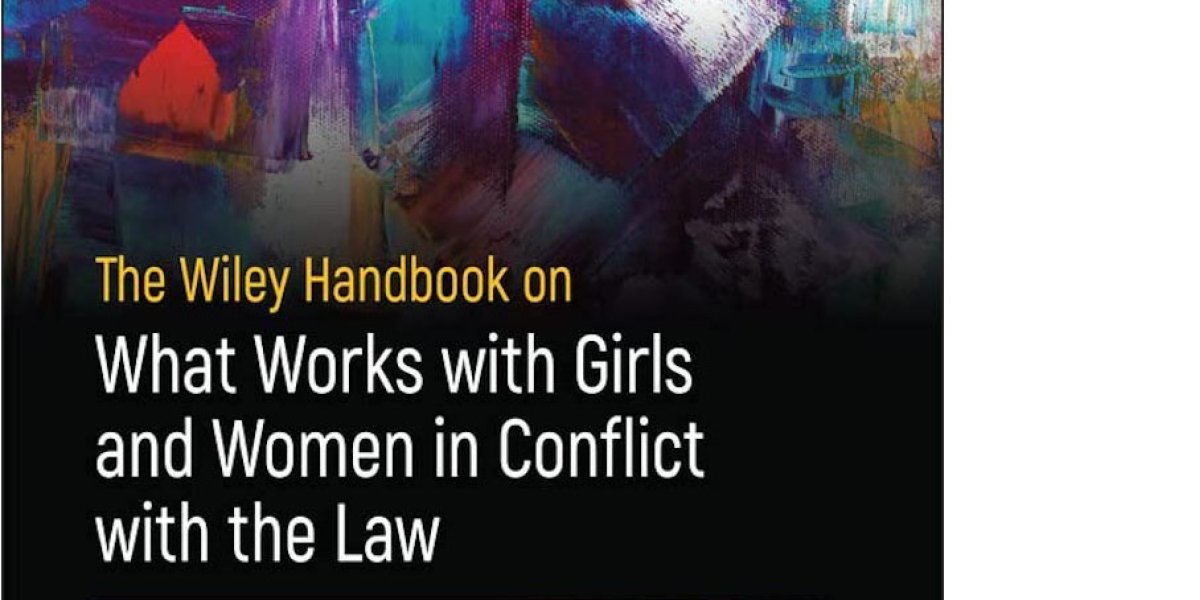Examining what works with girls and women in conflict with the law
Examining what works with girls and women in conflict with the law
This video is included in the Virtual Pass and will be available online from 25 September.
This event will be discussing Professors Gelsthorpe’s recent edited publication with Associate Professor Shelley L. Brown. What Works with Girls and Women in Conflict with the Law (2022) is the leading examination of evidence-based practice in the field of gender-responsive corrections. Adopting an international and intersectional approach, the distinguished authors seek to collect the best available data and thinking on what works with girls and women and apply it to the real-world problems facing correctional systems today. As part of its contextual and rich approach to the subject, What Works with Girls and Women in Conflict with the Law (2022), covers a broad variety of topics, ranging from theories of female involvement in crime, security classification and risk assessment, evidence-based treatment and supervision approaches, special populations (such as Indigenous women), to legal/policy developments in the field of gender-responsive corrections.
Speakers
Professor Loraine Gelsthorpe

Loraine Gelsthorpe is Director and Professor of Criminology and Criminal Justice at the Institute of Criminology, University of Cambridge and a Fellow at Pembroke College. Loraine has wide interests in the links between criminal justice and social justice, looking at race, gender and social exclusion, women and sentencing, and women, crime and criminal justice more generally. Professor Gelsthorpe sits on various government Advisory Committees (including HM Chief Inspector of Probation’s Advisory Committee). She was President of the British Society of Criminology 2011 - 2015. With Professor Michele Burman (University of Glasgow) she chairs the European Society of Criminology's Gender, Crime and Criminal Justice Working Group.
Ms Rebecca Raffan Gowar (Darwin 2011)

Ms Rebecca Raffan Gowar is a PhD student at the Institute of Criminology, University of Cambridge.
Contact



